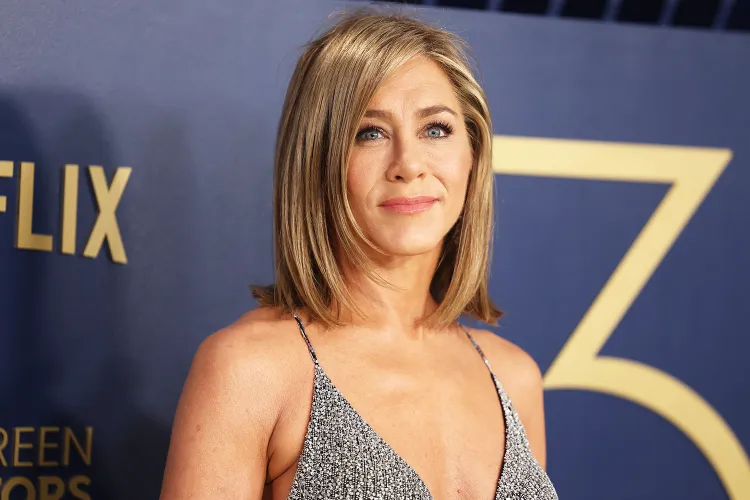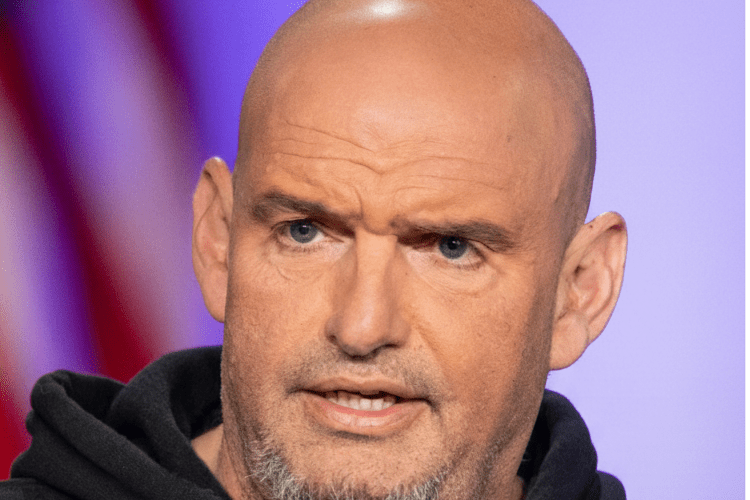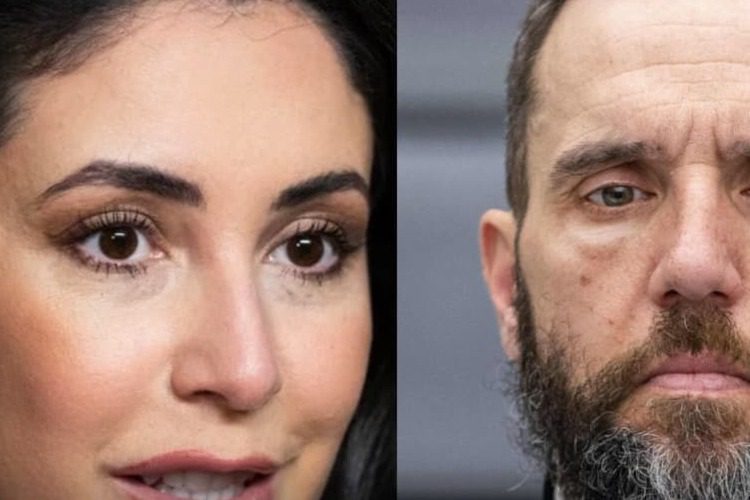Jennifer Aniston Says the Media ‘Didn’t Know My Story’ as She Opens Up About Two Decades of Fertility Struggles and Why She Spoke Out in 2016
Jennifer Aniston has always carried herself with grace — the effortless charm, the radiant smile, and the composure that made her one of Hollywood’s most beloved figures. But behind that warmth and strength, there was a deeply personal battle that the world didn’t see, and often misunderstood. For nearly two decades, Aniston silently faced fertility struggles while the media created their own stories around her life — stories that she says were simply untrue.
In a powerful reflection, Jennifer recently shared that much of what was written about her during those years missed the truth entirely. “They didn’t know my story,” she said, opening up about the long, painful road she endured behind the scenes. For years, tabloid headlines painted her as the woman who “chose career over family,” or speculated endlessly about her relationships and choices. But what they didn’t know was that she had spent much of her adult life quietly fighting for the dream of having a child — a dream that, despite her efforts, didn’t come to be.

Jennifer explained that she went through fertility treatments, including IVF, and endured years of emotional highs and lows while trying to conceive. Through it all, she chose to keep her struggle private, partly to protect herself and partly because she didn’t owe anyone her pain. But when the narrative in the press became too cruel — reducing her worth to whether or not she had children — she decided she had to speak up. That moment came in 2016, when she wrote a powerful op-ed for The Huffington Post.
In that essay, Aniston pushed back against the constant speculation and criticism about her body, her marriage, and her choices. “We are complete with or without a mate, with or without a child,” she wrote, a line that resonated deeply with women around the world. She wasn’t just defending herself — she was standing up for every woman who has ever felt defined or diminished by society’s expectations.
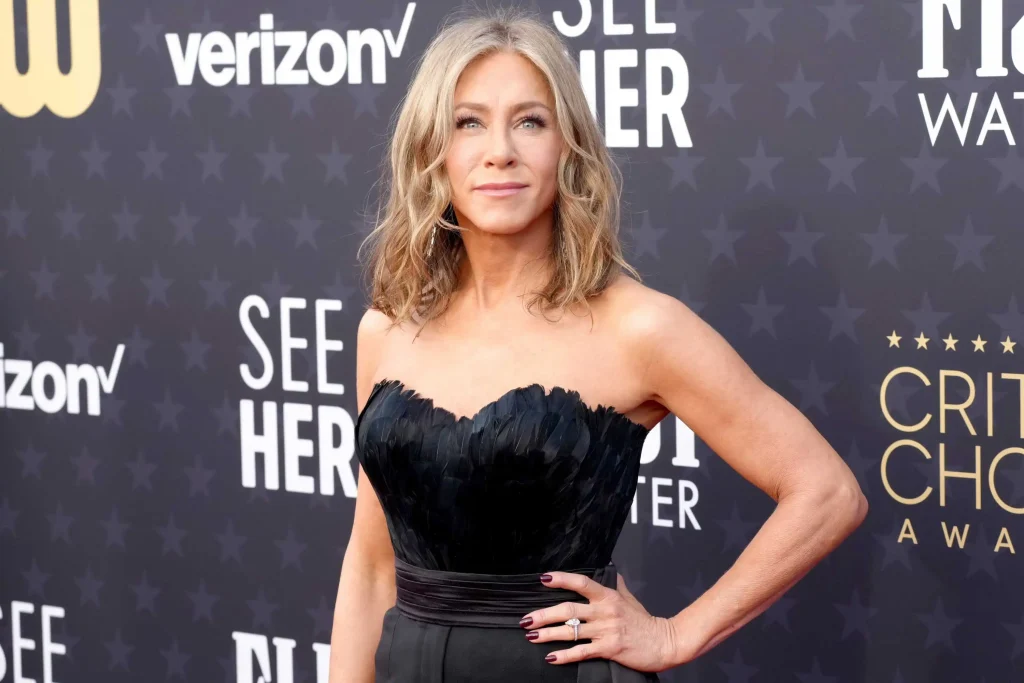
Her words in that 2016 op-ed were a wake-up call for many. It wasn’t about celebrity gossip anymore — it was about how culture, media, and even ordinary conversations often judge women’s worth by their motherhood status or appearance. Jennifer didn’t want sympathy; she wanted respect and understanding. She wanted to change how women’s lives are viewed through the lens of the media.
Years later, when she chose to reveal the depth of her fertility struggles publicly, fans and fellow celebrities responded with overwhelming support. Many said it was a reminder that we often assume too much about people we don’t truly know. What Jennifer faced privately — the emotional toll of treatments, the heartbreak of failed hopes, and the strength to move forward — is something countless women can relate to but rarely speak about.
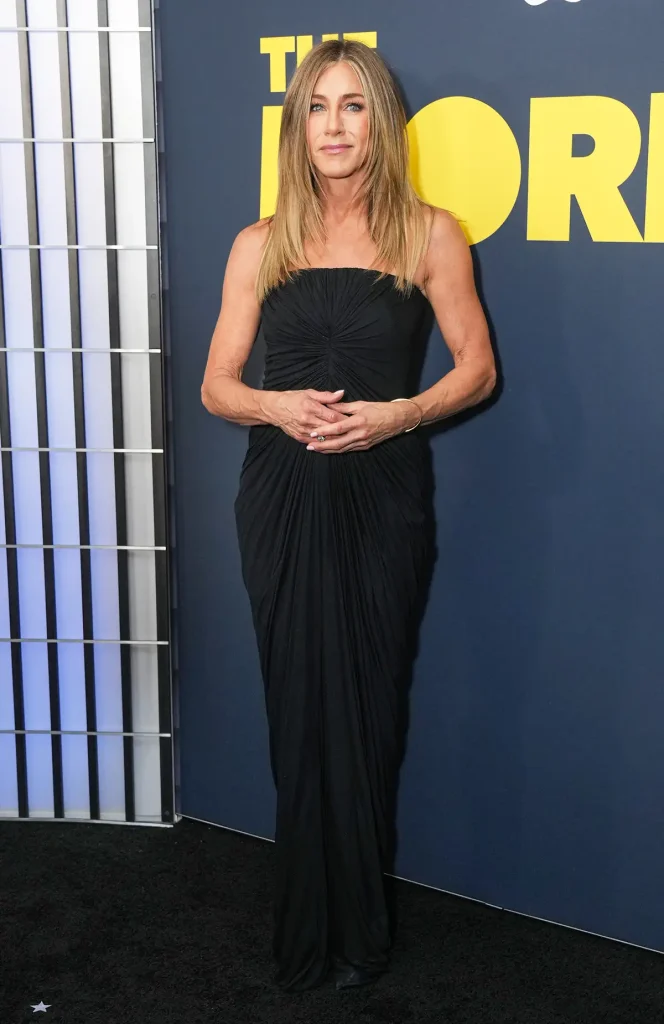
Now in her fifties, Jennifer seems more at peace than ever. She has said that she has “zero regrets,” because even though her journey didn’t end the way she once hoped, it led her to a place of gratitude and acceptance. She’s learned to embrace her story, to reclaim the narrative that others once twisted. In her words, “I feel better in my skin than I ever did in my twenties or thirties.”
Her openness has inspired others to be gentler — with themselves and with others. It’s a reminder that behind every public image, there’s a private life filled with challenges and emotions we might never see. Jennifer Aniston’s story isn’t just about infertility or fame — it’s about resilience, self-worth, and the power of owning your truth even when the world insists on writing it for you.
